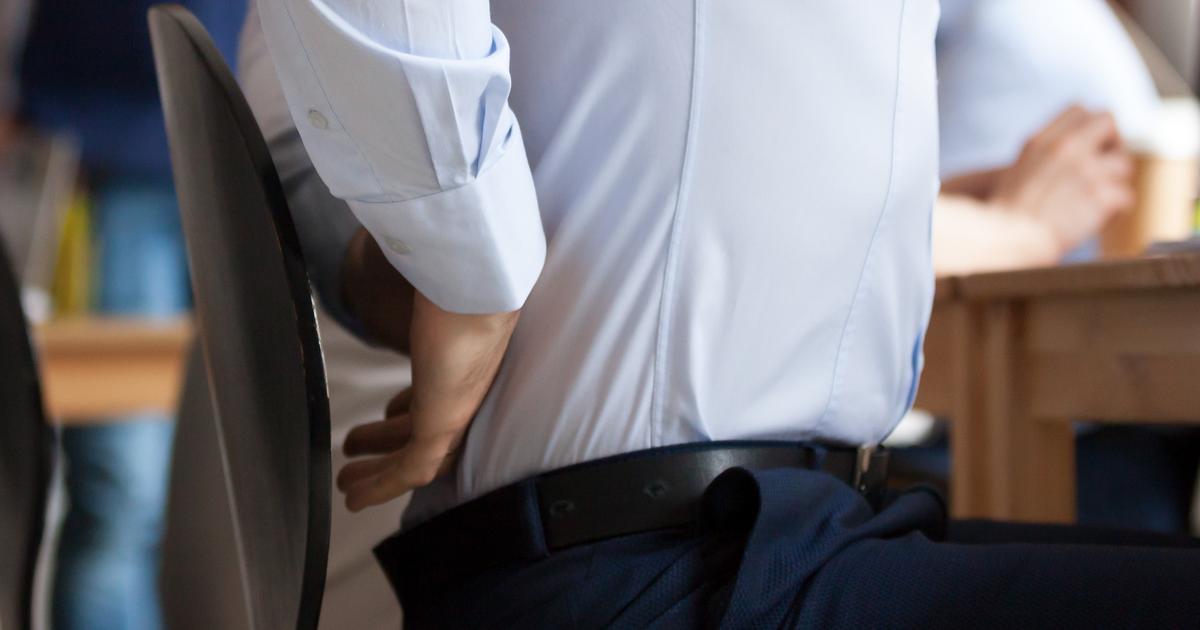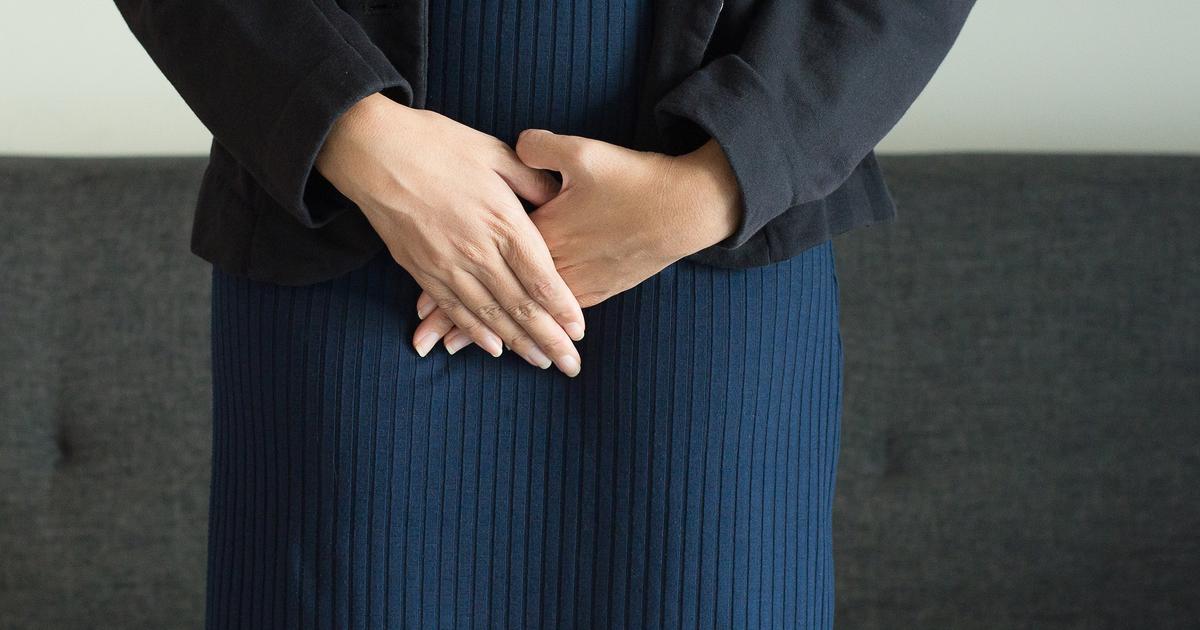Warning Signs Of Spinal Stenosis
Pain In The Neck Or Back

Spinal stenosis can technically occur in any of the five main parts of the spine, though it is most common in the neck and lower back. Thus, one of the most common symptoms of spinal stenosis is neck or back pain. When patients have lumbar spinal stenosis, they might experience a burning pain that spreads from their lower back through their buttocks and down one or both legs. This is a condition known as sciatica, and it can be extremely debilitating.
Cervical spinal stenosis is one of the most common causes of neck pain in patients over fifty years old. As individuals get older, the spine is more likely to narrow due to aging and wear-and-tear. It is also possible to develop cervical stenosis after undergoing some trauma or impact to the neck. Sometimes the symptoms of stenosis and pain do not even occur until years after the trauma has healed. Neck pain caused by spinal stenosis is not always severe, but it does tend to be chronic or recurrent.
Urinary Incontinence

Urinary incontinence can occur with different kinds of spinal stenosis. However, it is a particularly common symptom of lumbar stenosis. The same is true of a loss of sexual ability or performance. When individuals have lumbar stenosis, there is no guarantee they will develop bladder or bowel dysfunction. However, some patients do experience this alongside the radiating pain from sciatica. Urinary incontinence varies widely from patient to patient. If the incontinence is mild enough, patients might not associate it with their back pain at all.
Mild urinary incontinence occurs when there is a lack of bladder control that leads to involuntary leaking. Moderate and severe urinary incontinence typically occurs when the loss of bladder control is serious enough to lead to accidents. Problems with urination have the potential to be embarrassing and affect an individual's day-to-day life. Patients might experience the sudden urge to urinate or need to urinate more times a day than they used to. They may also need to urinate so much that they cannot get to a toilet in time.
